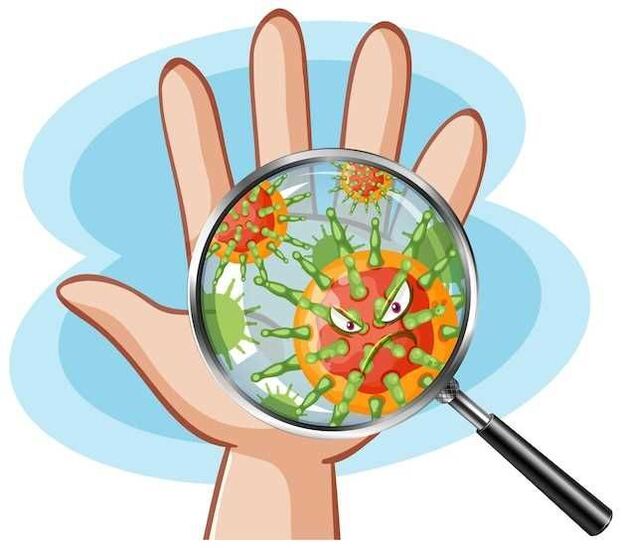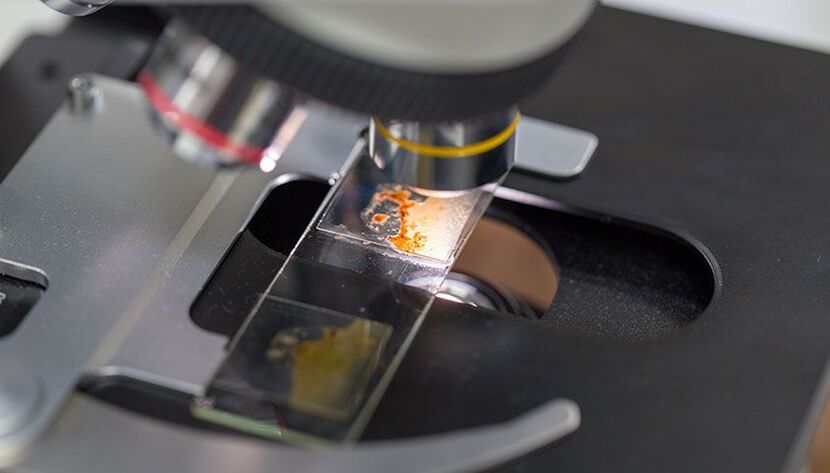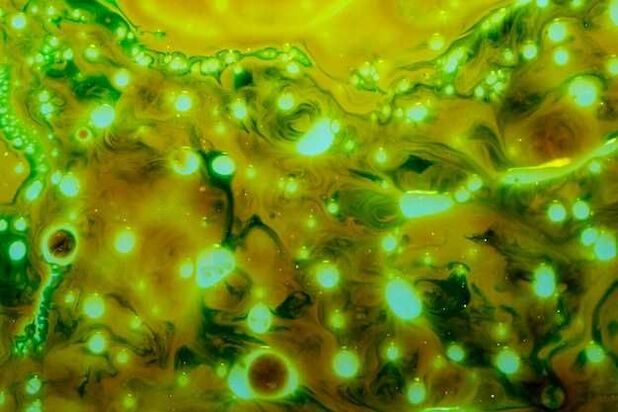In our country, between 1 and 2 million cases of parasitic diseases are registered every year, but according to doctors, the number of people actually infected with these diseases is several times higher.
Types of parasitic diseases
Diseases caused by protozoal microorganisms
diseases caused by worms


diseases caused by arthropods

Signs of Parasitic Infection

Complications caused by parasites
- intestinal and bile duct obstruction,
- internal organ abscess,
- septicemia,
- peritonitis,
- intestinal inflammation,
- upper respiratory tract inflammation,
- Anaphylactic shock.
parasitic diseases in children
Which specialist treats parasitic diseases?


Perform laboratory tests to diagnose parasitic diseases

Treatment methods for parasitic diseases
Measures to prevent parasitic diseases















